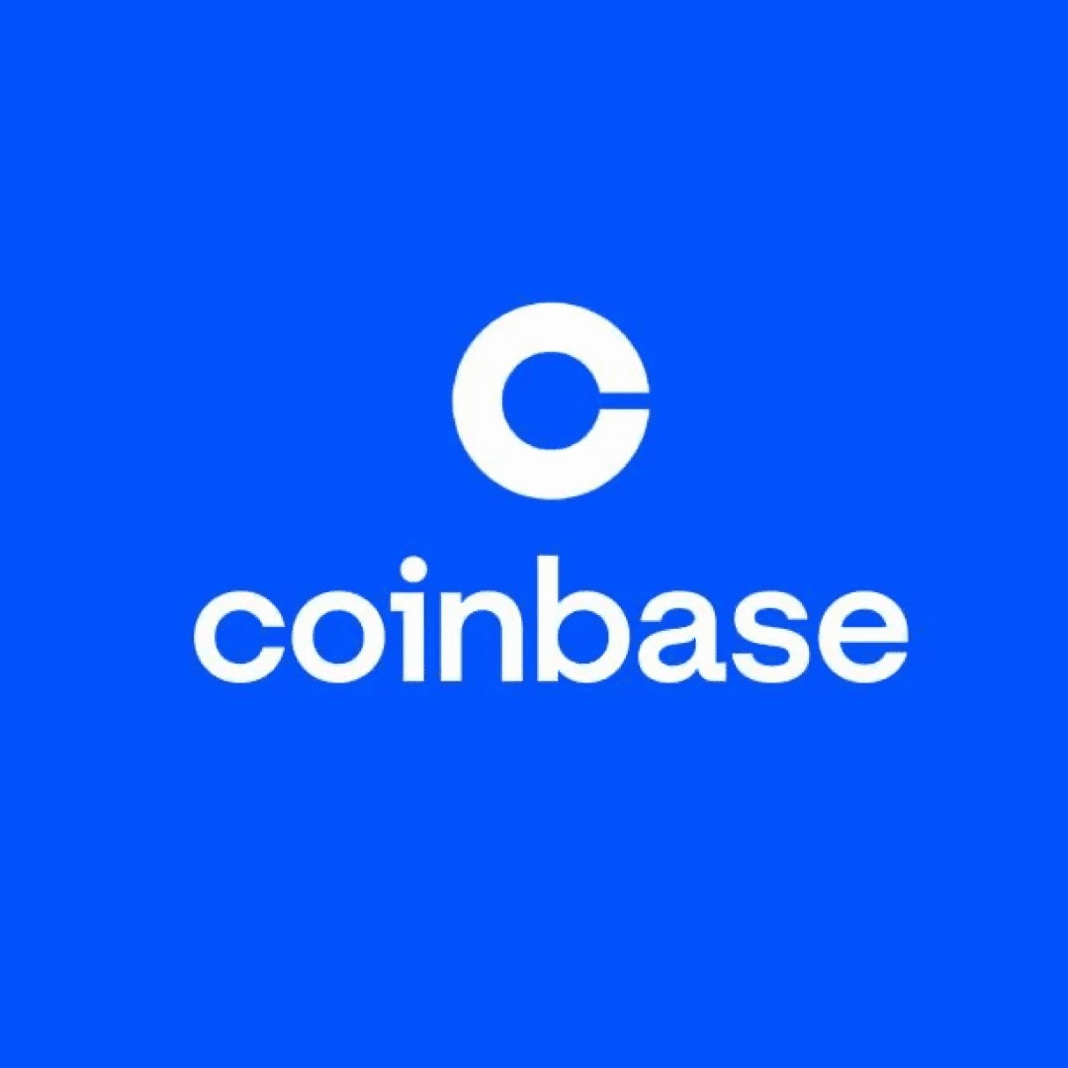Coinbase is the most famous US crypto exchange, publicly listed on Nasdaq since 2021. As of October 2025, it handles around $2–3B daily volume according to CoinMarketCap and CoinGecko. It’s the easiest on-ramp for beginners in the US and Europe, but for degens it often feels too restrictive, too expensive, and too slow to list new tokens.
Coinbase wins on trust, regulation, and user experience. It loses on fees, listing speed, and degen energy.
📜 Background & Reputation
Coinbase launched in 2012 in San Francisco and quickly became the household name for Americans buying Bitcoin with a bank account or credit card. It made history in 2021 when Coinbase Global went public on Nasdaq, becoming the first major crypto exchange to list shares.
Reputation-wise, Coinbase is considered one of the safest exchanges, but also one of the most conservative. Many retail traders treat it as their crypto bank, while CT often jokes that Coinbase lists tokens “a year too late.”
🚀 Features and Offerings
Coinbase has two main products:
- Coinbase App (Retail): Designed for beginners, super clean UI, easy to buy BTC/ETH with card or bank transfer.
- Coinbase Advanced / Exchange: For pro traders with more pairs, lower fees, and better charts.
Key features:
- Spot trading with hundreds of coins, but slower listings compared to Binance, Bybit, or KuCoin.
- Fiat support in USD, EUR, GBP, with smooth banking connections.
- Staking for select coins, though US staking services have faced regulatory restrictions.
- Base — Coinbase’s own L2 blockchain, launched in 2023, now one of the fastest-growing ecosystems for DeFi and memecoins.
🛡️ Safety and Trust
Coinbase is heavily regulated, holding licenses in the US and Europe. It is also a public company, meaning it files quarterly reports with the SEC. This transparency makes it one of the safest choices for institutions and retail users.
It has never suffered a catastrophic hack losing user funds, and it stores the majority of assets in cold storage. Security features include 2FA, insurance on certain custodial assets, and strict compliance procedures.
The downside: strict KYC/AML and a willingness to freeze accounts if regulators request it. For degens who value privacy and speed, that’s a dealbreaker.
🎭 What the Users Say
Positive feedback:
- “So easy to use, bought my first Bitcoin here.” — App Store review
- “Feels safe, I trust it more than other exchanges.” — Reddit post
Negative feedback:
- “Fees are insane compared to Binance or Bybit.” — Trustpilot
- “Coinbase lists tokens way too late.” — CT meme culture
- “Account locked during verification, support was useless.” — community forums
🌍 Who Actually Uses Coinbase?
Coinbase is dominant in the United States and strong in Europe. It appeals to beginners, institutions, and anyone who wants full compliance and easy fiat access. Among degens, it’s mainly used as a fiat bridge — deposit USD or EUR, buy USDT/ETH, and send it elsewhere for real action.
📊 Real Examples
- In 2021, Coinbase IPO was one of the biggest events in crypto history, briefly giving it an $85B market cap.
- In 2023, it launched Base, its Ethereum L2, which quickly became a hub for memecoins and NFT experiments.
- In 2024–2025, Coinbase continued expanding compliance, surviving US regulatory pressure while others like Binance faced lawsuits.
🎰 Should a Degen Use It?
Coinbase is like the VIP entrance at a casino: polished, regulated, and safe. But once you’re inside, you realize the wild action is happening at other tables.
For new users, it’s the perfect on-ramp. For degens, it’s mainly a tool to move fiat into crypto, then exit to Bybit, KuCoin, or MEXC for the real plays.
🏁 Final Degen Verdict
Coinbase is the safest mainstream exchange, with world-class compliance and transparency. But it’s too slow and too expensive for degens who want early listings and 100x perps.
Use it as your fiat bridge and for peace of mind. For degen energy, look elsewhere.
WAGMI — but not if this is your only exchange.


